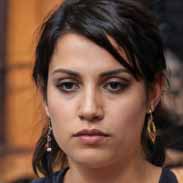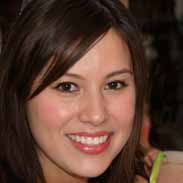Carl Rogers Flashcards, test questions and answers
Discover flashcards, test exam answers, and assignments to help you learn more about Carl Rogers and other subjects. Don’t miss the chance to use them for more effective college education. Use our database of questions and answers on Carl Rogers and get quick solutions for your test.
What is Carl Rogers?
Carl Rogers was an American psychologist and one of the founders of the humanistic approach to psychology. He was a major figure in psychotherapy research and practice, and his work has been highly influential over the years. Rogers’ theories had a profound impact on counseling, education, organizational development, social work, and psychotherapy.Rogers believed that humans have an innate capacity for growth, actualization, and self-fulfillmenta concept that he called self-actualization. According to Rogers’ theory of personality development, individuals strive toward self-actualization when their basic needs are met. To become self-actualized people must accept themselves as they are without judgement or expectations from others. They must also be open to change and new experiences. Rogers also viewed therapy as a process of helping people become more aware of themselves so that they can move closer to self-actualization. He developed the client-centered approach which focuses on creating a supportive environment where clients feel accepted and heard without judgment or criticism from the therapist. His focus on understanding a person’s experience instead of assigning labels or diagnoses helped popularize person-centered psychotherapy as an alternative to traditional approaches such as psychoanalysis or behaviorism.
















